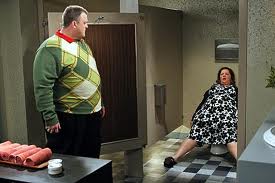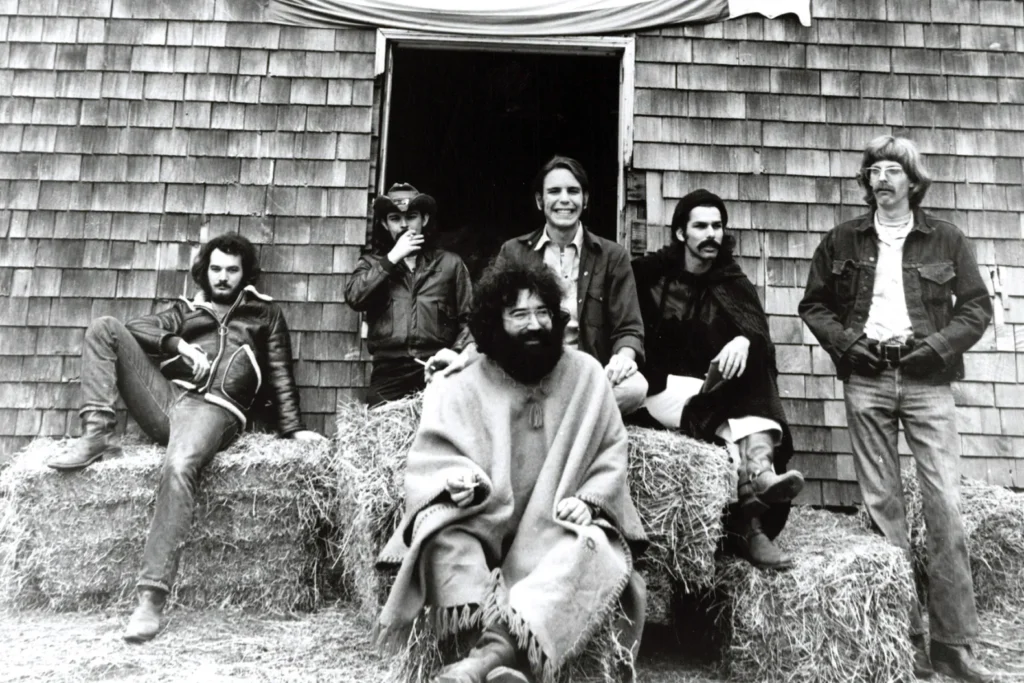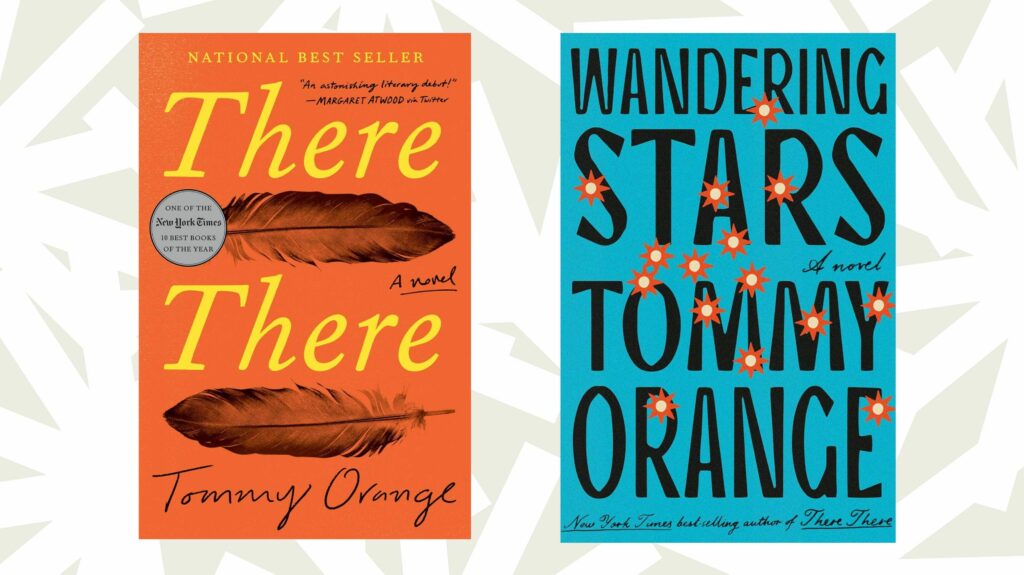 I love this piece from Maureen Dowd, the wonderfully acerbic New York Times columnist: Serving Up Schlock. She picks an easy target, but her take on the horribly derivative and unimaginative programming choices of the major broadcast television networks still makes for an amusing read.
I love this piece from Maureen Dowd, the wonderfully acerbic New York Times columnist: Serving Up Schlock. She picks an easy target, but her take on the horribly derivative and unimaginative programming choices of the major broadcast television networks still makes for an amusing read.
Dowd draws the obvious contrasts between broadcast and cable. The former sticks to “likeable,” two-dimensional characters, while the latter thrives on complex, darker characters “like Tony Soprano, Walter White, Don Draper, Nicholas Brody and face-chewing zombies.” The fact that the broadcast networks’ audience is shrinking relates directly to the abundance of viewer choice on TV and online, but as Dowd points out, “networks of the 21st century (still) don’t seem hungry to push the envelope.”
Traditional ad agencies are also an easy target. They have been woefully slow to understand and embrace new media. It’s still all about TV ads for them, despite declining viewership among Millennials and huge chunks of the total audience who DVR prime time shows and fast forward through the ads. But even when focusing on their core competency – making ads – it’s not a pretty picture. They too fill the airwaves, websites and almost everywhere else we look with schlock.
There are silly, sophomoric, attention-getting spots that do nothing to build brands (most any light beer ad), ads that continue to portray dads as dumb, ads that are supposed to be “inclusive” but are really racist (AT&T’s watch TV anywhere in the house campaign), and of course all the brands that try to be ultra hip only to have it all backfire. I could go on and on.
Sure, just as there are some excellent programs on network TV, there are some wonderful ads running as well. While their “TV anywhere” ads may be in very poor taste, I do love AT&T mobile network campaign with the deadpan guy doing focus groups with cute kids who tell him why “faster” is better than “slower.” (Too bad their calls drop all the time and their coverage sucks. I’m not switching anytime soon.)
At least I’m engaged, I don’t always fast forward my way through the AT&T mobile ads and I remember the brand behind the ad as well as the message. You can’t say that about most advertising.
The dilemma shared by the networks and the agencies is their targets, the people for whom they create content. American audiences still love schlock. There’s the show about a cop and his wife with lots of crude fat jokes. Or true to the fish out of water/worlds colliding formula, the one about two miserable, superficial women struggling to make it as they work as waitresses. These shows are very popular.
Give the people what they want, right? Intellectuals love to take pokes at our popular culture, but most never leave L.A. or New York to experience what life is really like in the heartland.
Still, current trends do not hold much promise for the networks, and the content they produce is certainly playing a key role in their decline. Ultimately, they will have to produce better, smarter programming to compete with the great work being produced by HBO, Netflix and other “non-traditional” sources. You have to wonder how far must their share dip before they start doing things truly differently? When they do, will it be too late?
Of course it will be too late. There will be an inflection point, and it’s coming sooner than you think, when the decline will be exponential. Too much great content on too many devices delivered when and where people want it.
The networks aren’t ready, nor are the ad agencies. Again, there are some very smart people in advertising doing some excellent work. But there is very little thought leadership and diminished creative firepower as talent is siphoned off by more lucrative, challenging and prestigious careers in technology and finance. As Dowd points out about the TV business, there is little desire to “push the envelope.” Unlike the great Jay Chiat, who told clients that his people were the experts and the number crunching brand managers should get out of the way to let the magic happen, many agencies have devolved into order takers churning out forgettable, mediocre work, often devoid of strategy.
Much of the fault is squarely on the agencies as the business merged its way into a jumbled mess of virtually interchangeable, commodity-like entities lacking any true brand identity.
But the targets of the ad agencies, the clients, are also to blame. They keep looking for ways to cut agency compensation, which inevitably leads to diminished service. More importantly, they don’t want to be challenged. They’re the client, you’re the “vendor,” and your job is to make them comfortable in an uncomfortable world. A world where quarterly earnings are all that matter, “long-term” means next week, tenures of marketing people are short, jobs are scarce and there’s always another, younger MBA ready to replace you, probably at a lower salary. The risk-reward equation does not encourage taking a stand and pushing the marketing/creative envelope.
It’s a scary world and marketing is a scary process. No one wants to get fired. Marketing innovation, creative messaging and new media are nice to think about, but better to stick to what we know. Give the clients what they want, and they will always get the work they deserve.
It’s all unsustainable. Brains are wired differently, media habits of Millennials are alien to Boomer CMO’s and everyone wants to see their brand on TV.
I recently worked on a project for a global package goods company in a sub-category with highly involved, one might say obsessed consumers. Here’s how the conversation went:
Q. Do you use this kind of product?
A. Of course!
Q. When did you last buy it?
A. Yesterday.
Q. What brand did you buy?
A. I don’t know.
Q. Really?
A. I think it was the blue one. Maybe the red one. I don’t know.
How did we get here? We keep serving up schlock and calling it “creative.”



